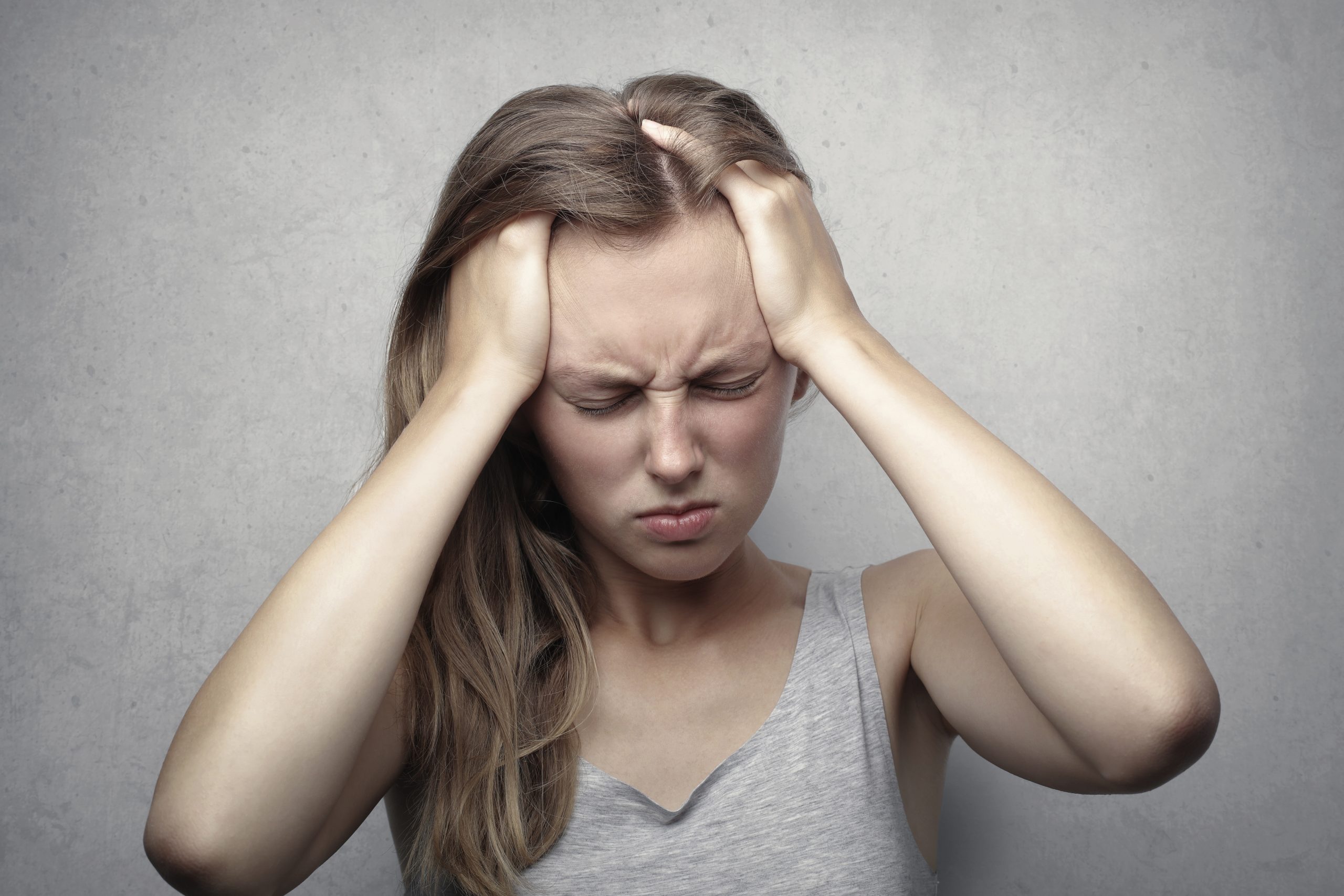Children should not have to experience trauma, but unfortunately, they do. Sometimes, they experience things like financial instability, their parents’ divorce, or even a parent’s death. In more extreme situations, they experience domestic violence or even sexual abuse.
That kind of trauma doesn’t magically go away. It stays with you for a very long time, and if it goes unaddressed for long enough, it’ll start to show.
Some studies have linked childhood trauma with a higher risk of developing chronic pain later in life, especially if the trauma a person suffered is a result of emotional abuse. It can be a little hard to believe at first, but when you think about it, it makes sense. After all, our trauma has to manifest somehow. The possibility of developing chronic pain due to trauma, even partially, might sound like a stretch at first. But really, there are many reasons why these two are linked.
Connecting Mind and Body
Have you heard of stress migraines? They’re one of the easiest ways to tell our minds and bodies are connected. Your mind is under an incredible amount of stress, so your body responds accordingly with a migraine. The cause itself is psychological, but the pain is very real.
That’s one of the ways childhood trauma can fuel chronic pain. You carry your childhood trauma with you throughout your life, and if it’s not addressed, your mind will find new ways to send you distress signals. That’s where chronic pains come in. They’re a way for your mind to tell you that something is wrong. Just like with stress migraines, the pain is very real, and it shouldn’t be dismissed or ignored.
Trauma Changes Us
Trauma can have a bigger impact on you than you think. Memories alone can change the way your body works. It affects your nervous and immune systems and wears them down. It’s a heavy weight to carry, and it will show.
So, the trauma you’ve been carrying since childhood? It’s going to leave a mark. After so many years, your nervous and immune systems will be tired. Your body won’t be able to carry it like it used to. And that may end with you developing chronic pain.
Difficulty Sleeping
Many people who’ve gone through something traumatic will end up having trouble sleeping at night. It’s possible that might be the case for you too. But lack of decent sleep can have a real effect on your body. After all, sleep is restorative. It helps your body heal and be ready for the next day.
But you can’t heal if you don’t sleep well enough.
This can make chronic pain worse. It can make it hard for you to deal with that pain as you try to carry on with your day-to-day life. And the only way to truly get rid of that insomnia is to address the trauma you’ve been carrying all this time.
Addressing the Trauma
The thing about childhood trauma-related chronic pain is that it can start at any point. It can start during your childhood, or it can start in adulthood. Sometimes, your trauma is associated with a specific injury, and the pain from it never goes away. Other times, it’s more general pain that appears one day, out of nowhere.
It might not entirely erase your chronic pain, but counseling can at least help relieve it somewhat. By addressing the trauma that fuels the pain you experience, it’s possible to make it just a little better for yourself in every way, both physically and psychologically. If you’d like to know more about how counseling can help, email us at hello@awakencounseling.com.



